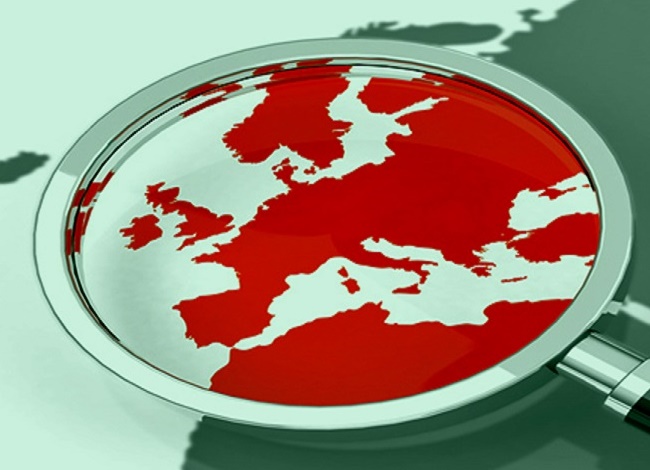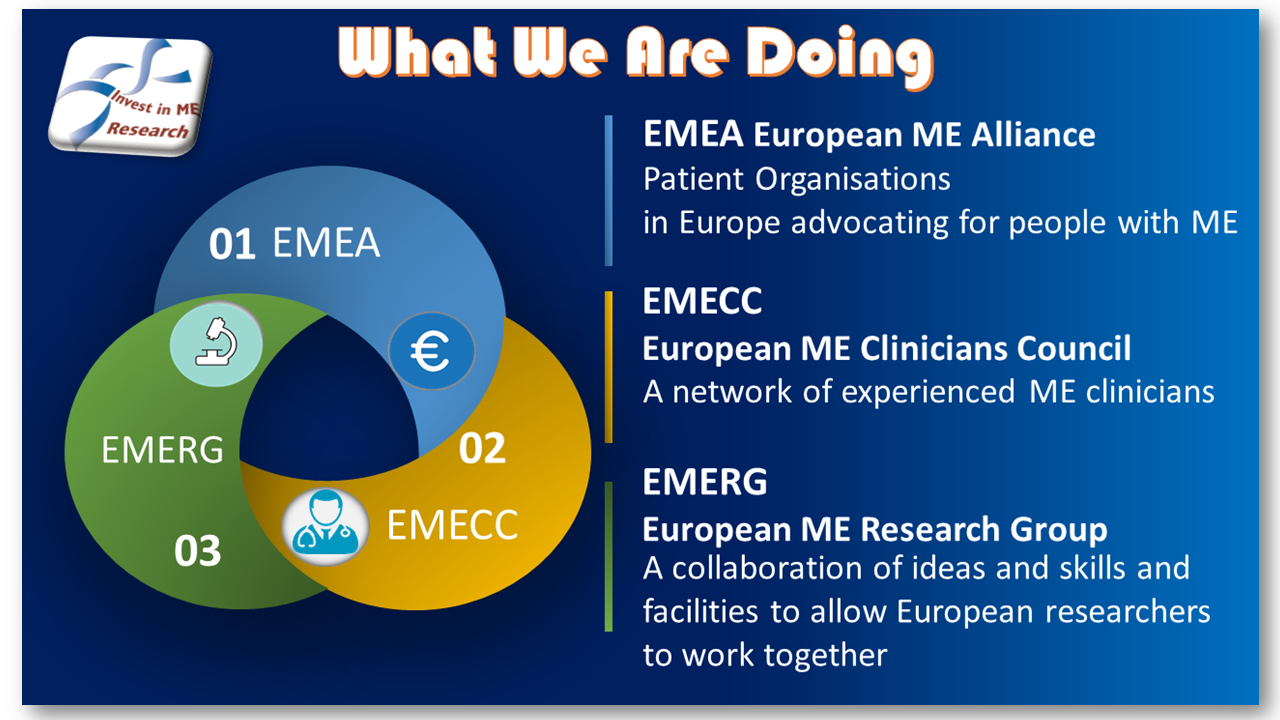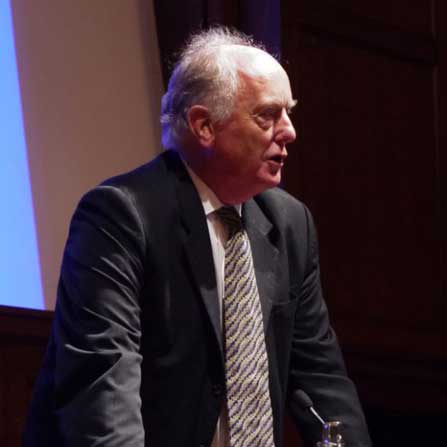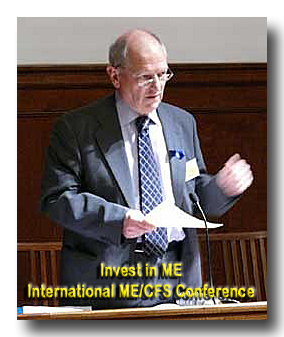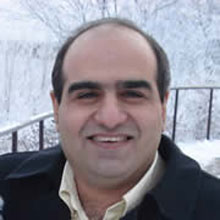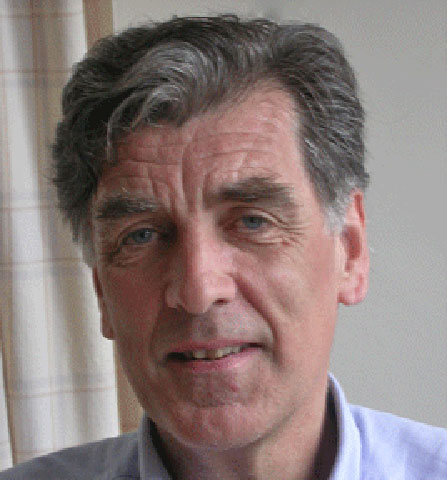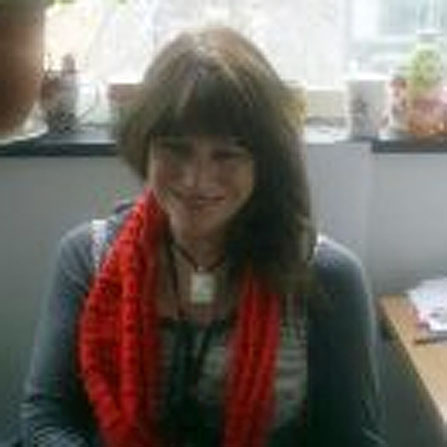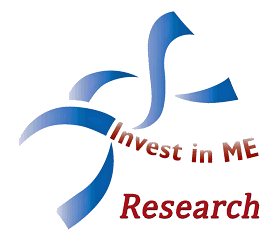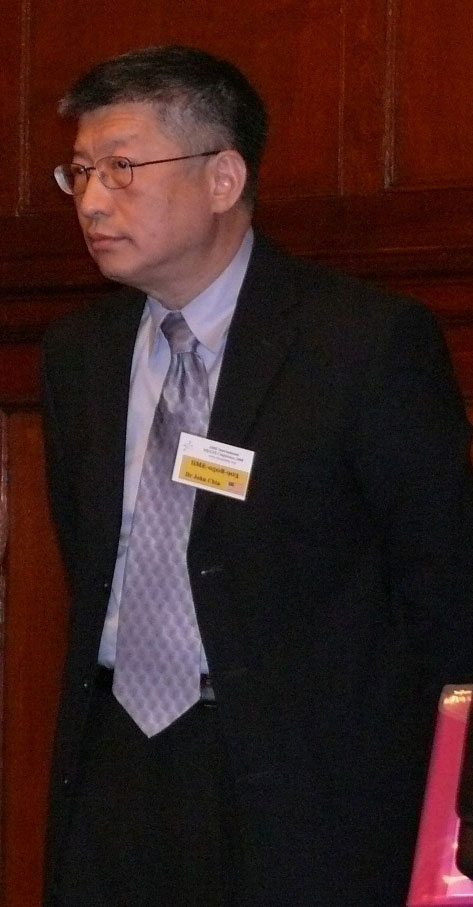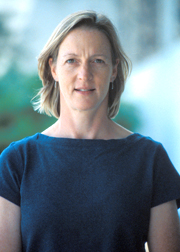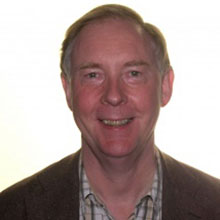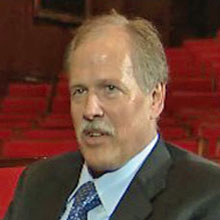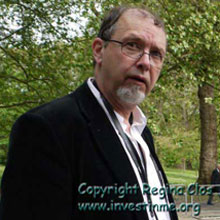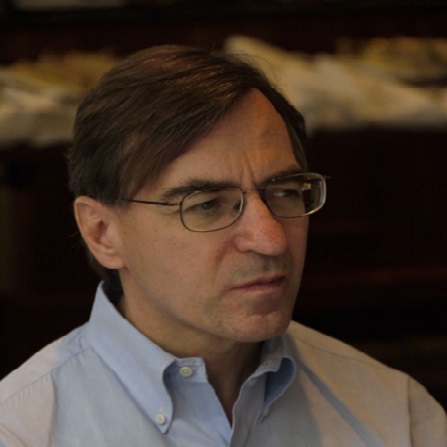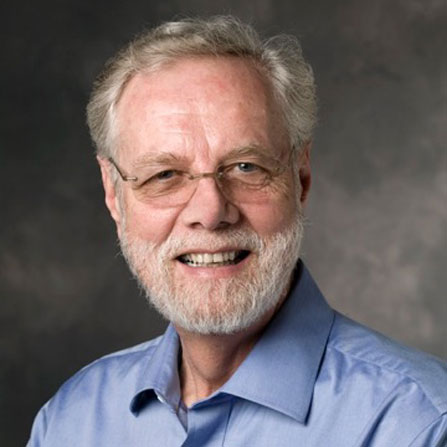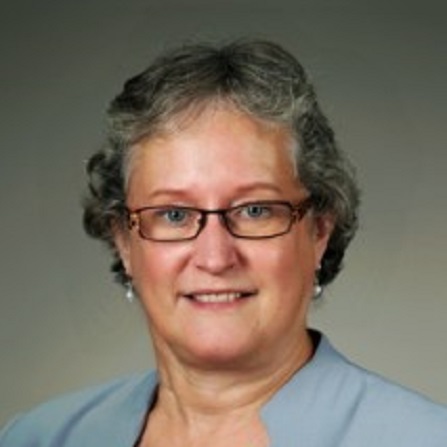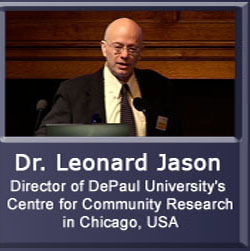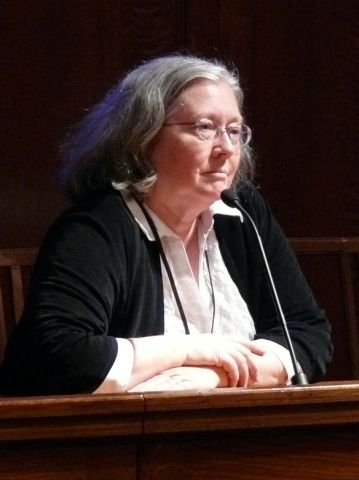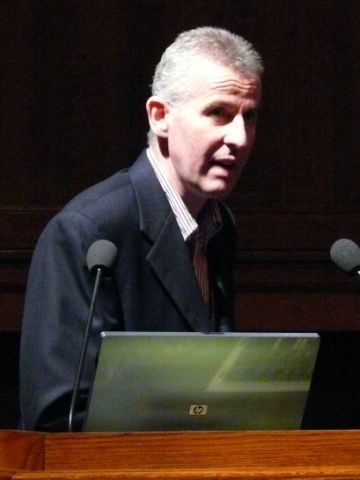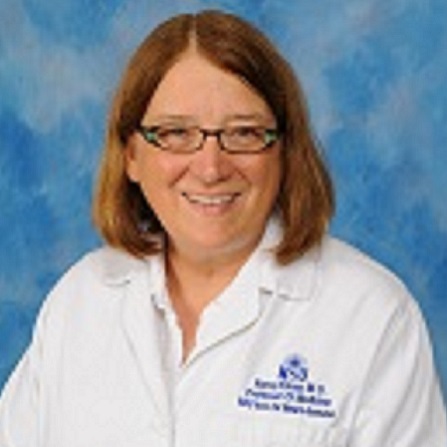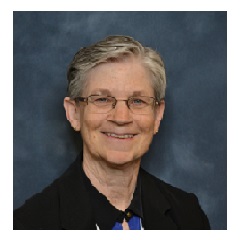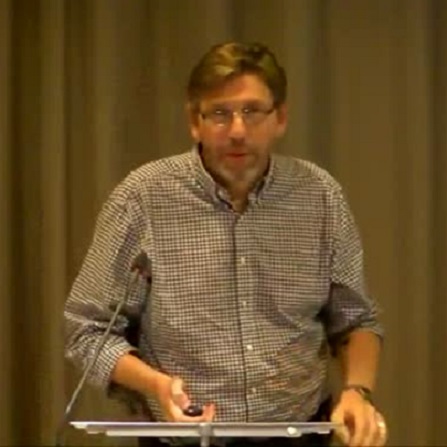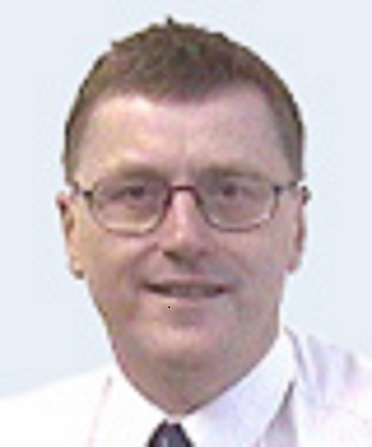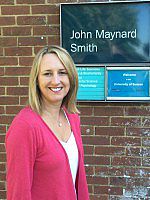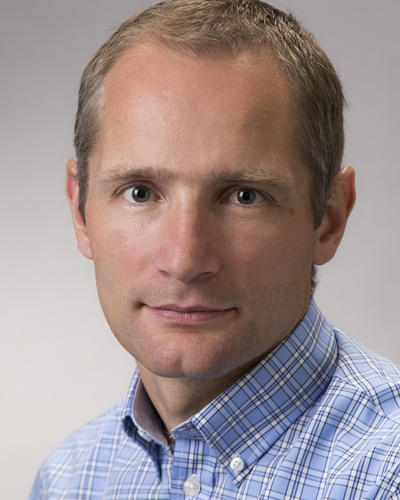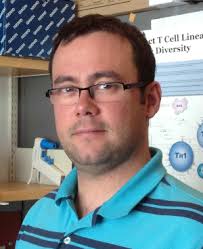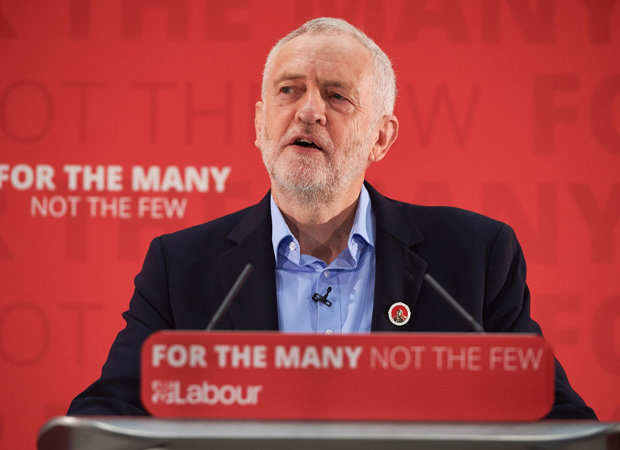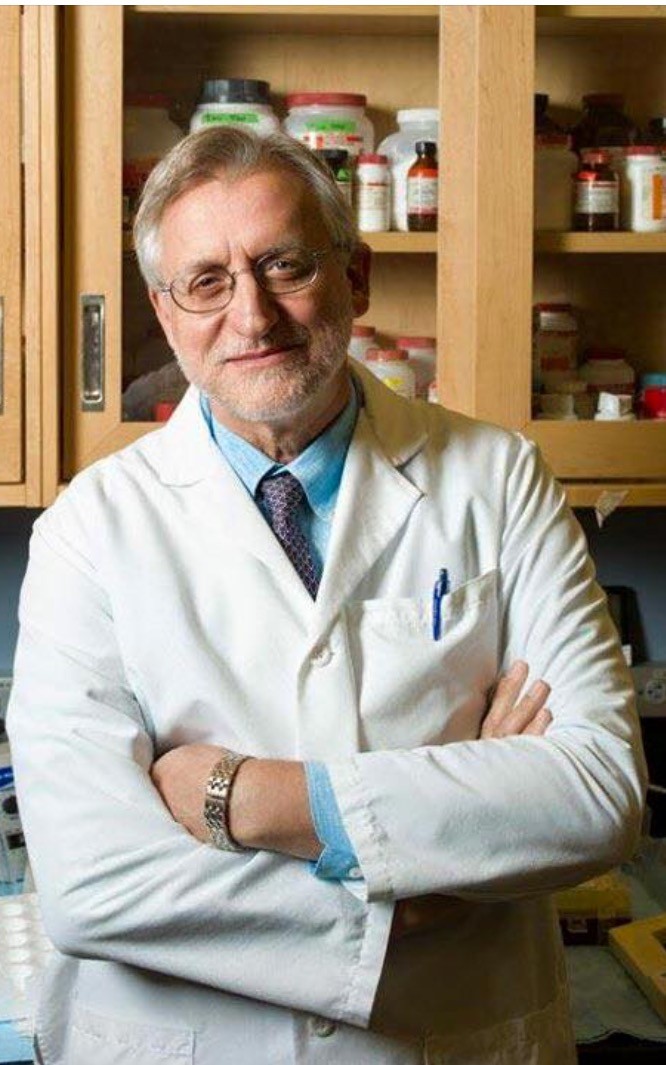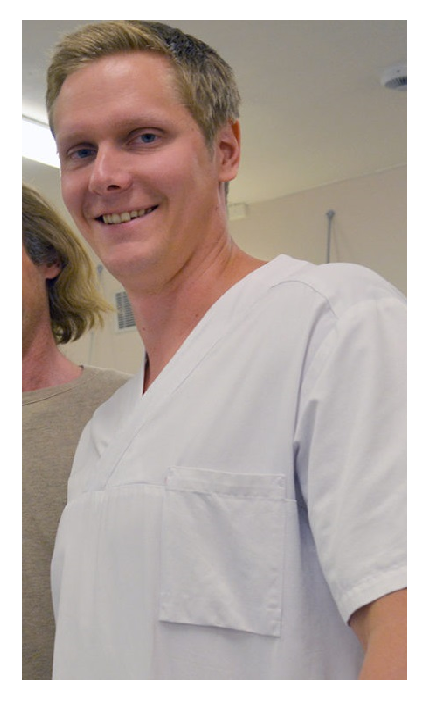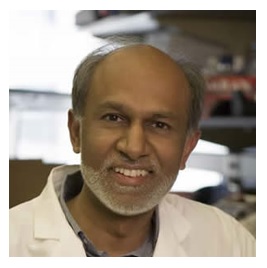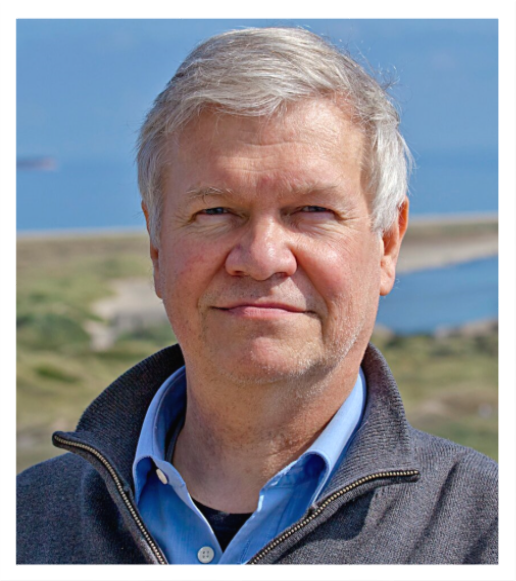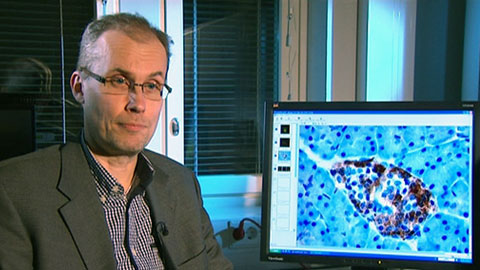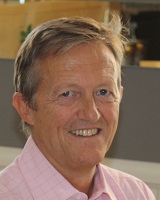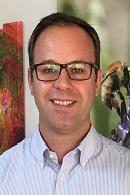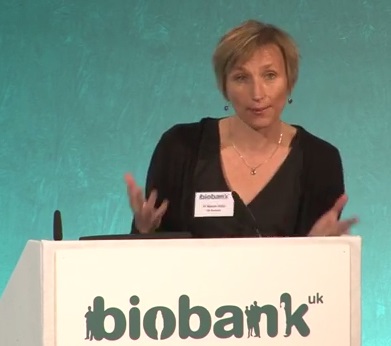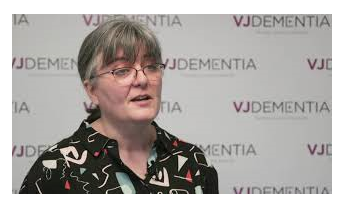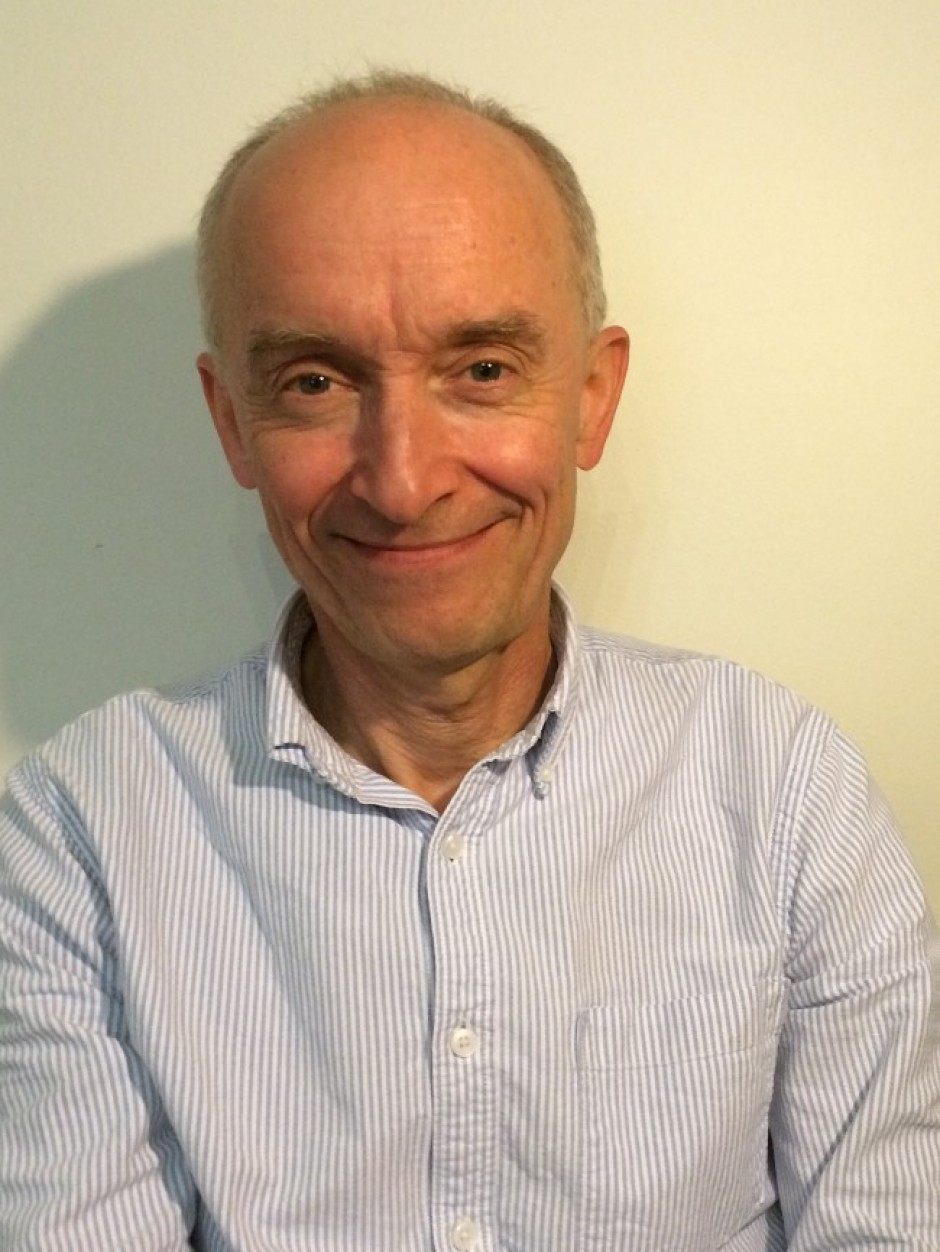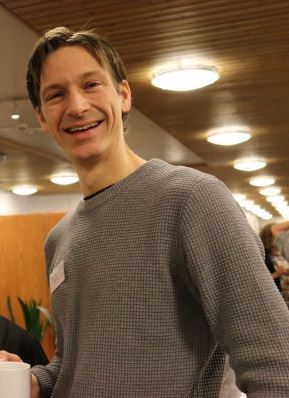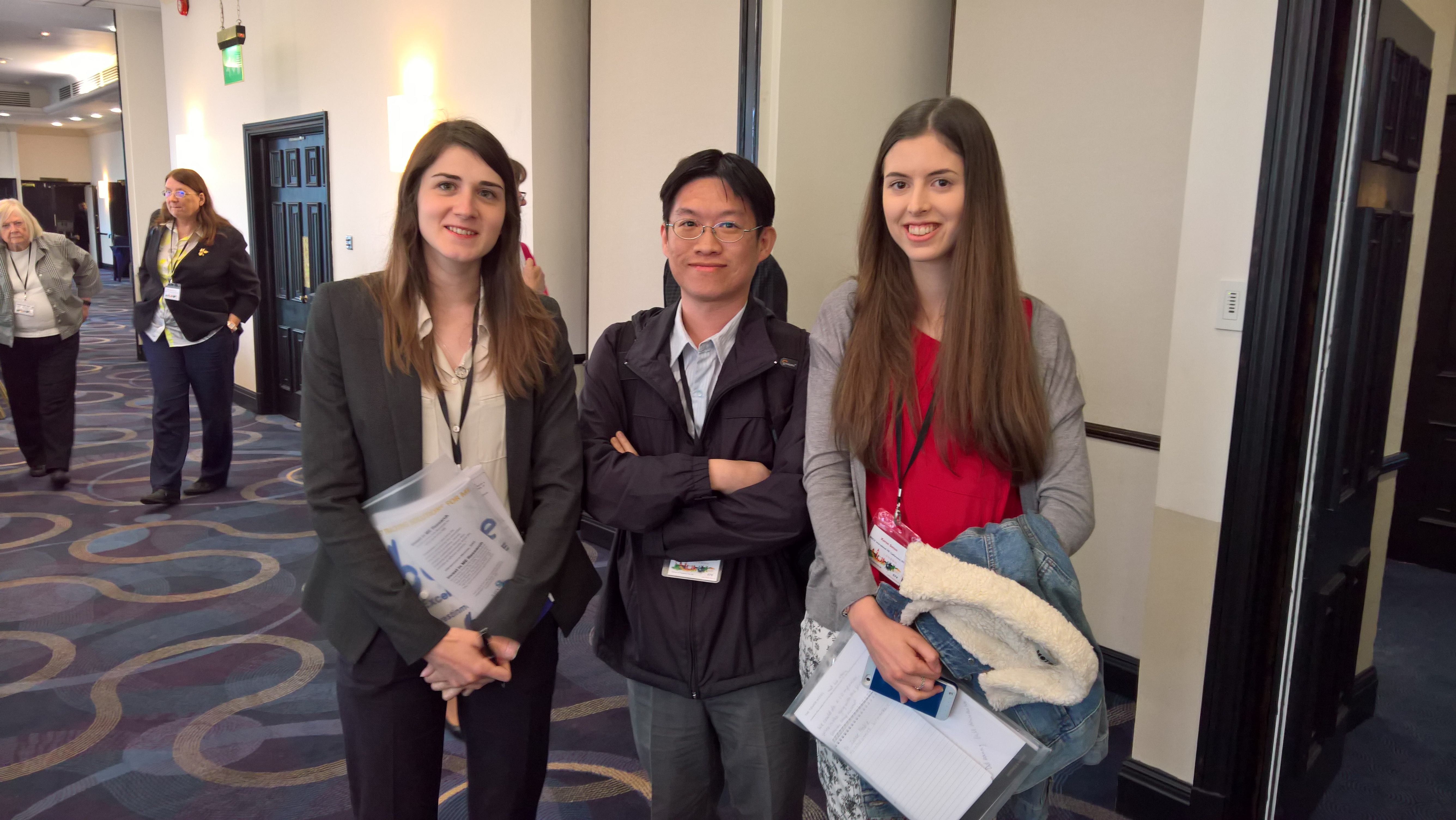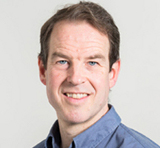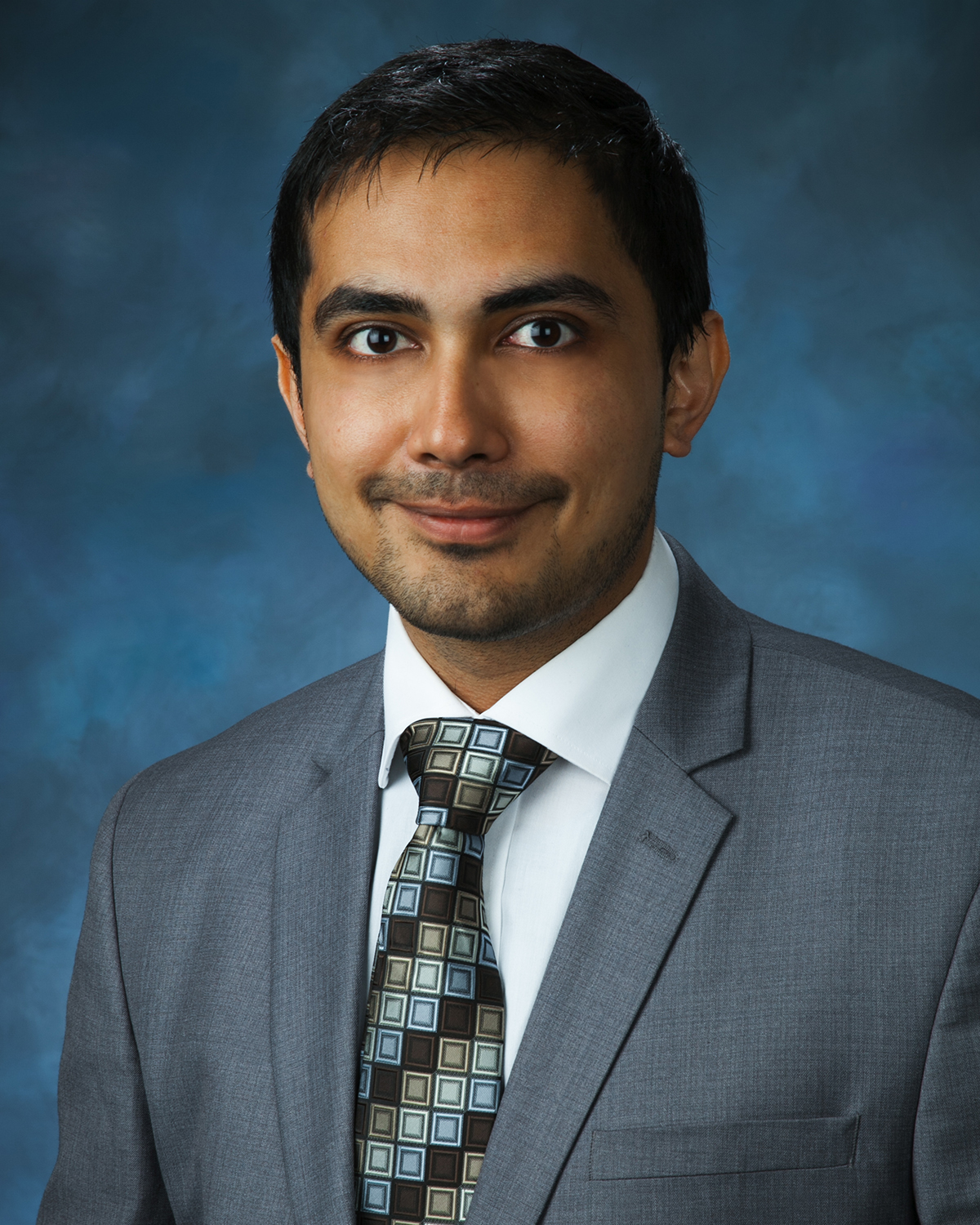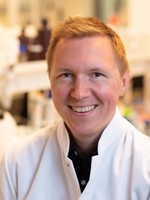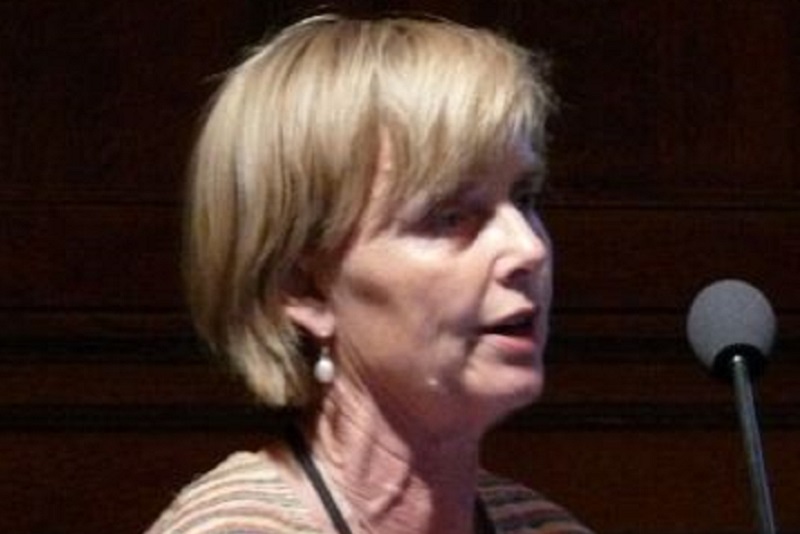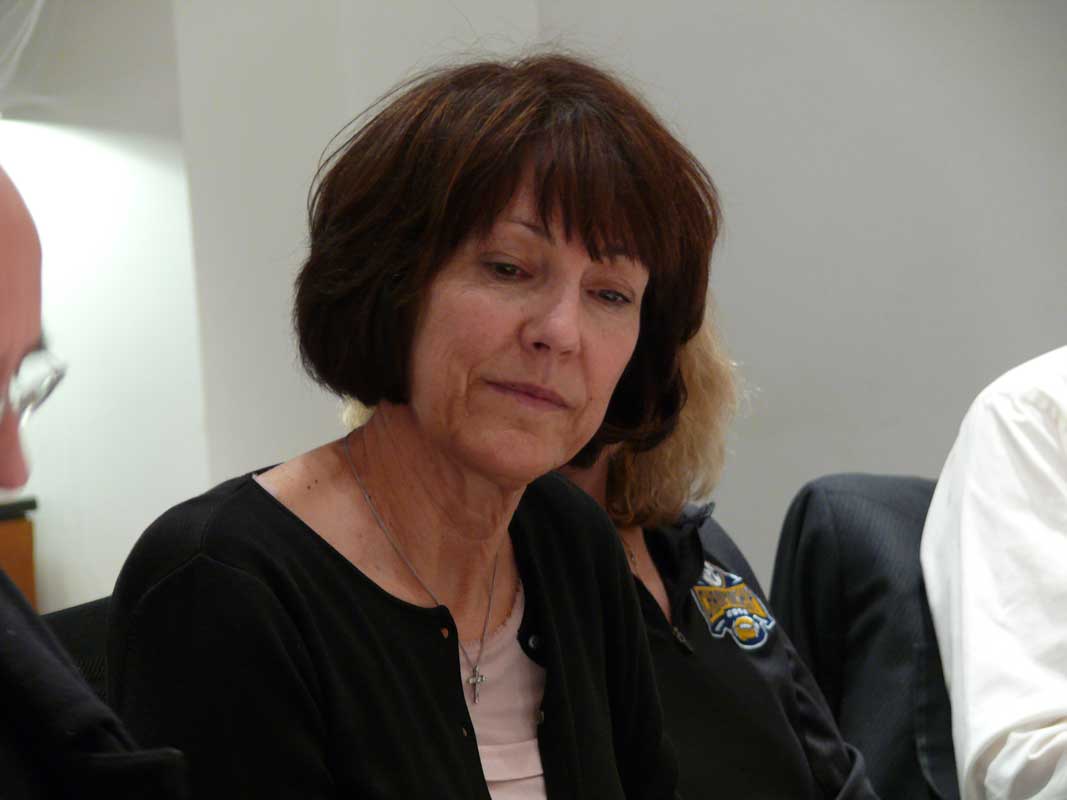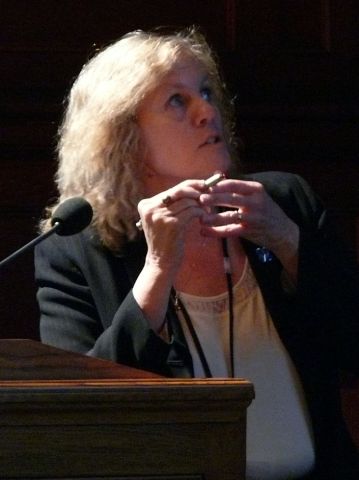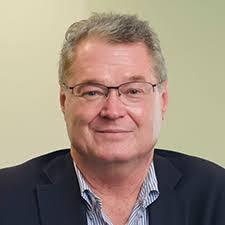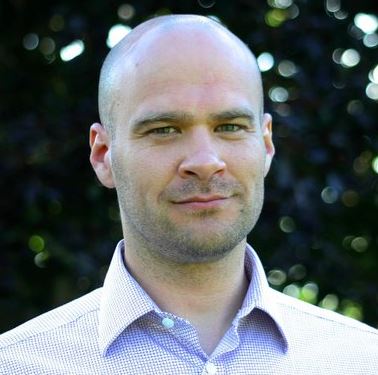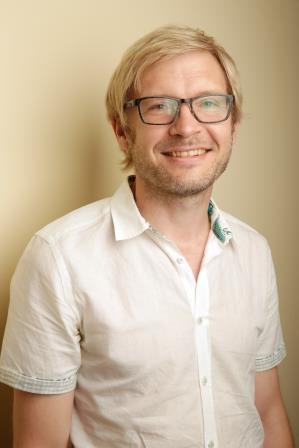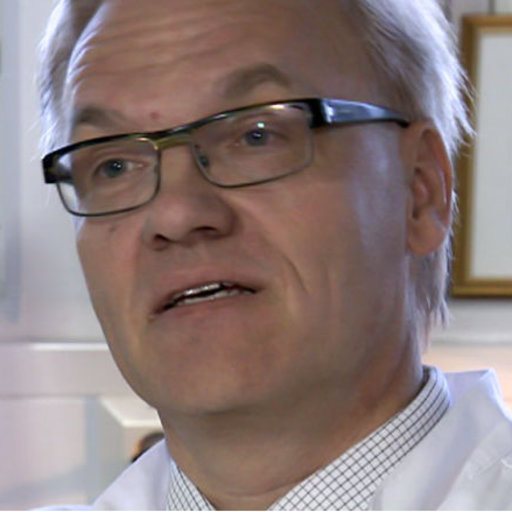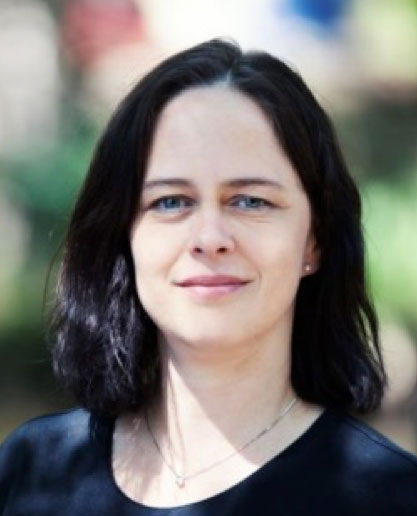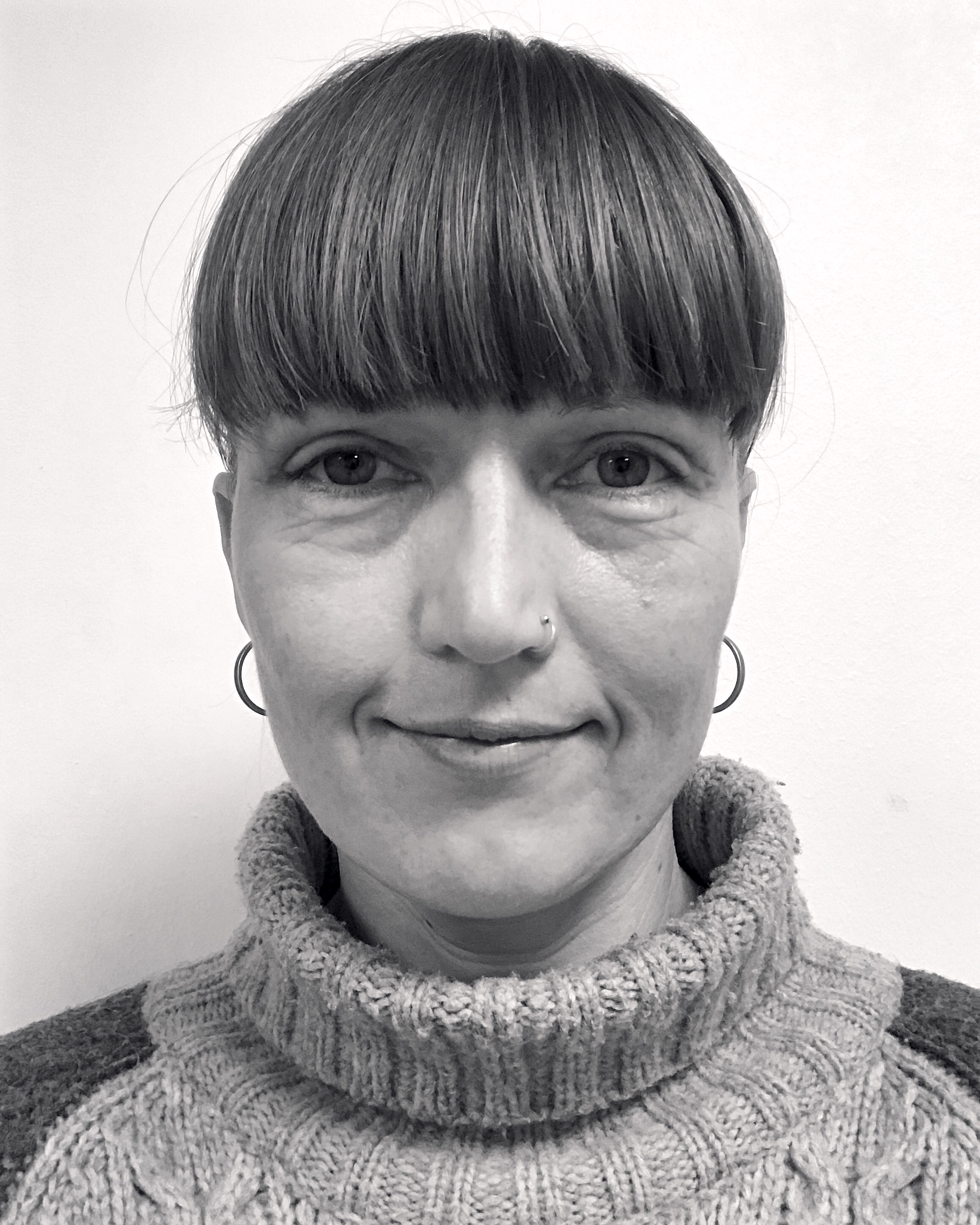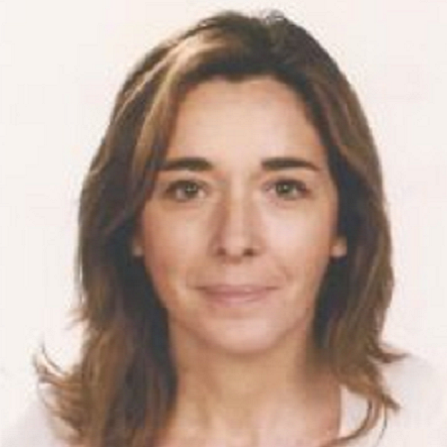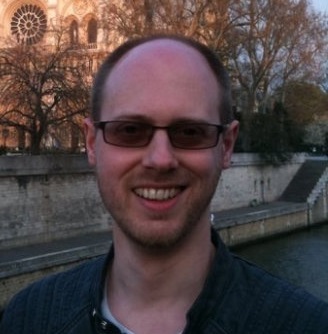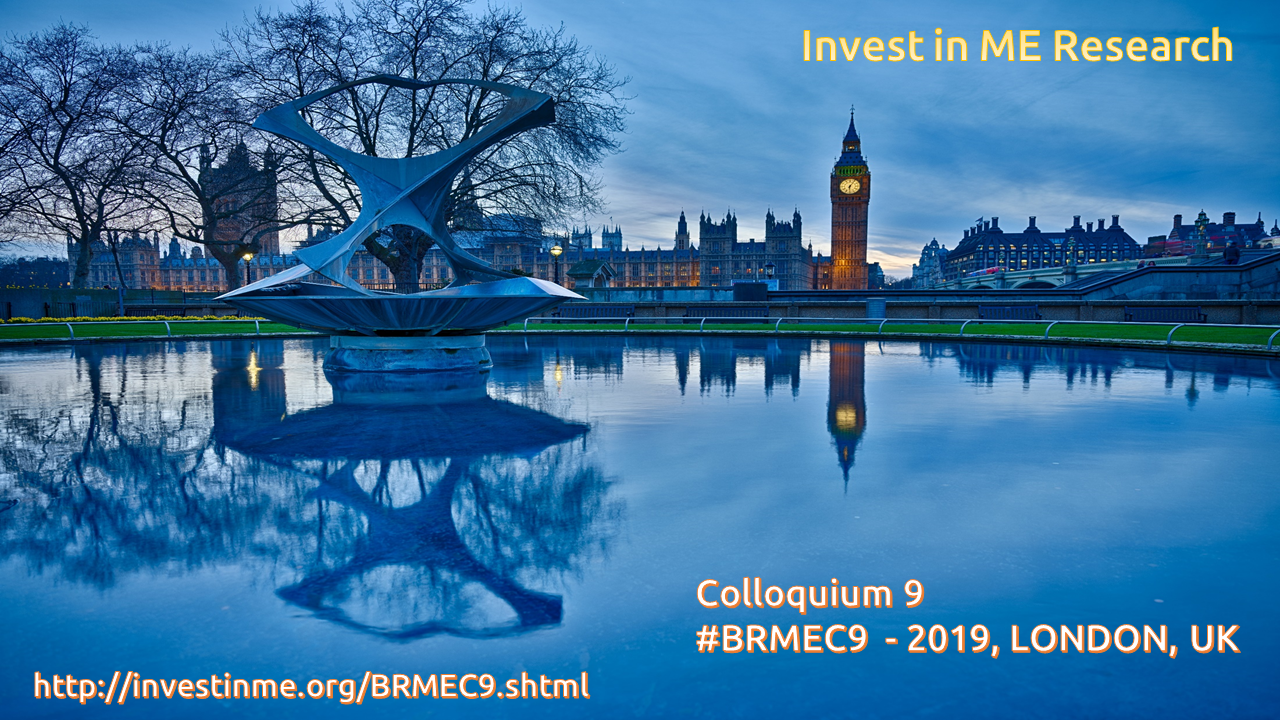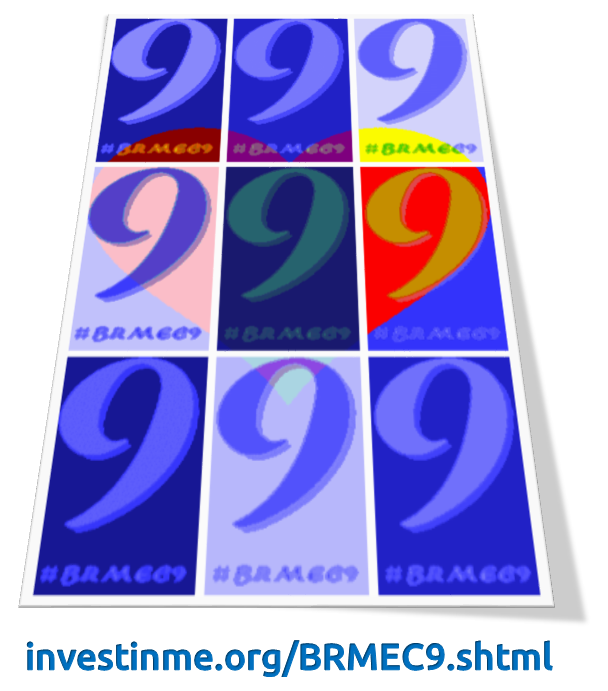
NEXT WORKSHOPS FOR EMERG and EMECC
As stated in the IIMEC15 welcome message, from IiMER chairman Kathleen McCall, to treat and cure ME we need the infrastructure as well as funding. Sparse resources exist so cross-European projects are necessary. Europe has the resources to build this capacity and resources.
It has been evident for some while that we must create a foundation for sustainable research and we need to recognise that we are forced to start this ourselves in the absence of official support.
This is what IiMER and our supporters have done over the last ten years and we feel we can now focus efforts on sustaining the progress made.
As mentioned in previous months since the conference week in May, to continue to build these foundations two workshops have been organised by Invest in ME Research for November.
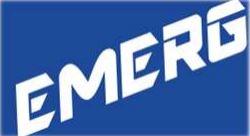
EMERG
The first workshop will be a two-day event for the European ME Research Group (EMERG).
EMERG is a concept to bring together the foremost European ME researchers in order to establish an understanding of the Aetiology, Pathogenesis and Epidemiology of ME.
EMERG was intended to create a vision of collaborative European research to increase biomedical research into ME and provide an opportunity to make huge and rapid progress in ME research.
Initial meetings were held some years ago and a number of the original EMERG group members have been meeting, discussing and working together during these years and the initial meetings helped to create good working relationships.
However, due in part to lack of resources, time constraints and due to more empahisis being placed on world-wide international collaboration, the charity concentrated efforts in building up the International Biomedical Research into ME Colloquiums instead as a means to foster collaboration, build new ideas and share knowledge.
It has been increasingly evident, though, that we really do need a European base of research.
After discussions at the BRMEC9 conference it was decided to organise a new meeting of EMERG
and we are very pleased with the response and enthusiasm shown to develop this group.
The two-day workshop will take place in London and we hope that we can maintain the momentum and build on the ideas that we have had for this group, and which are augmented by new ideas from researchers.
Researchers from at least eight European countries will be present at the workshop discussing a wide range of topics and developing ideas. By collaborating across Europe we can harness the best talents from the best institutions.
EMERG is supported by the European ME patient groups and charities within the European ME Alliance (EMEA) to provide a powerful combination of campaigning, raising of awareness, building new research and accumulation of data based on collaboration and sharing of experiences and knowledge, which would allow rapid progress in the building up a strategy of high-quality research into ME.
Our thanks to European ME Alliance Iceland - ME FÉLAG ÍSLANDS - for supporting the Icelandic researchers who will be present.

EMECC
In February this year Invest in ME Research organised the inaugural meeting over three days in London of the European ME Clinicians Council (EMECC).
The first meeting consisted of leading European clinicians who are involved in treating people with Myalgic Encephalomyelitis.
EMECC was organised following an American initiative that was started by Dr Lucinda Bateman and Mary Dimmock.
The aims of the meeting were to bring together clinicians in the field of Myalgic Encephalomyelitis to review the current state of knowledge, to present and discuss the latest initiatives, and to foster collaboration.
We wanted this to become a formal group that will work with the American initiative and be supported by European patient organisations.
Indeed, the European ME Alliance (now representing fifteen countries) would be prominent in supporting this.
We planned for this group to continue to meet and develop the network so that it could improve the knowledge of clinicians in Europe and act as a focal point for healthcare agencies, doctors and media outlets who wish to learn more from experienced clinicians about ME.
In the first meeting there was a very positive and progressive atmosphere and a range of topics was discussed covering diagnosis, treatments, follow-ups, education, research and how the group continues and expands.
Now another workshop spread over three days has been arranged by the charity in November.
The EMECC meeting is designed to overlap with the EMERG meeting - bringing researchers and clinicians together and this is part of the European strategy created by IiMER and which, with the European ME Alliance, forms the nucleus of making rapid progress in research, education and advocacy for ME.
Through these initiatives we hope that we can expedite progress in research and treatment of ME.
This provides a powerful combination of campaigning and raising of awareness, building new research and accumulation of data based on collaboration and sharing of experiences and knowledge, which will allow rapid progress in the building up a strategy of high-quality research into ME.
